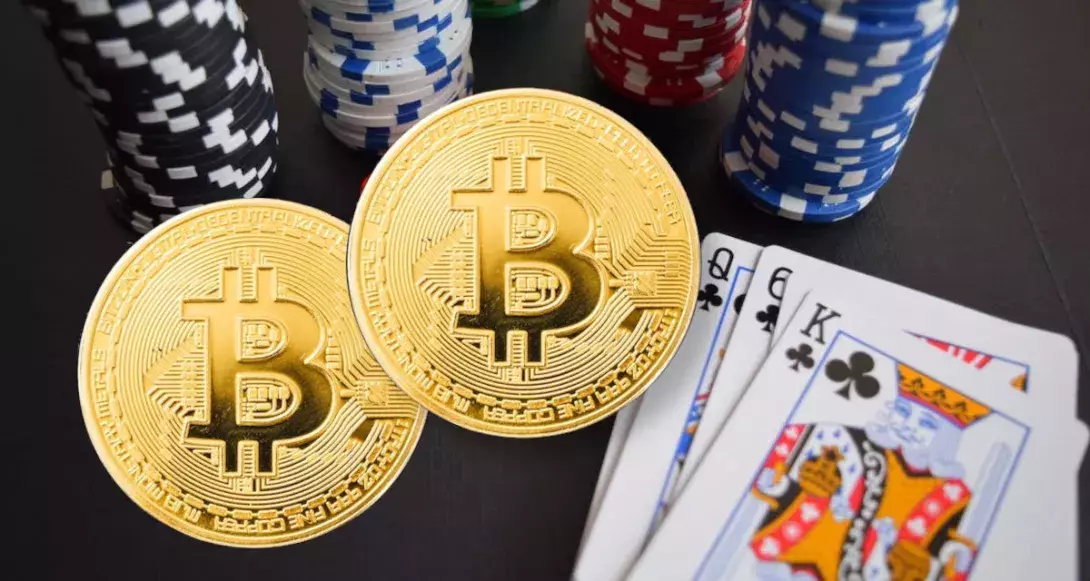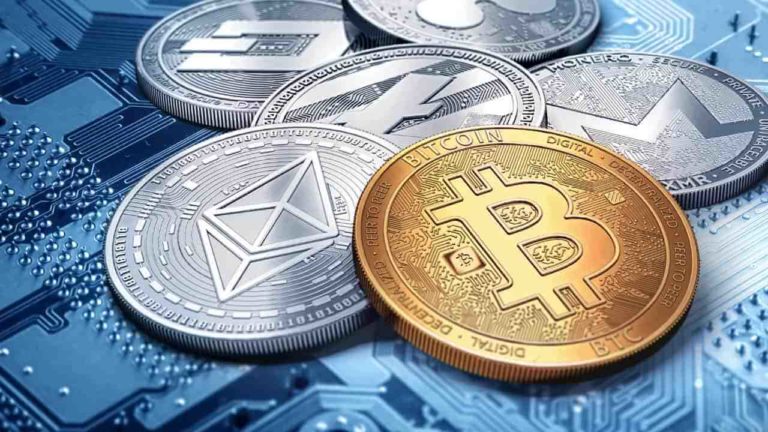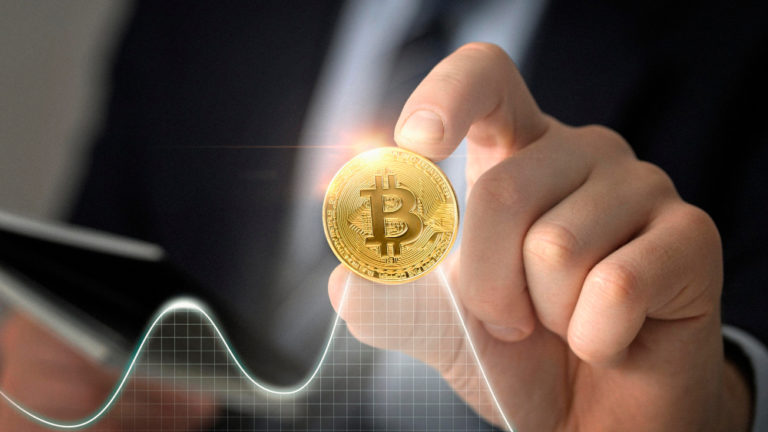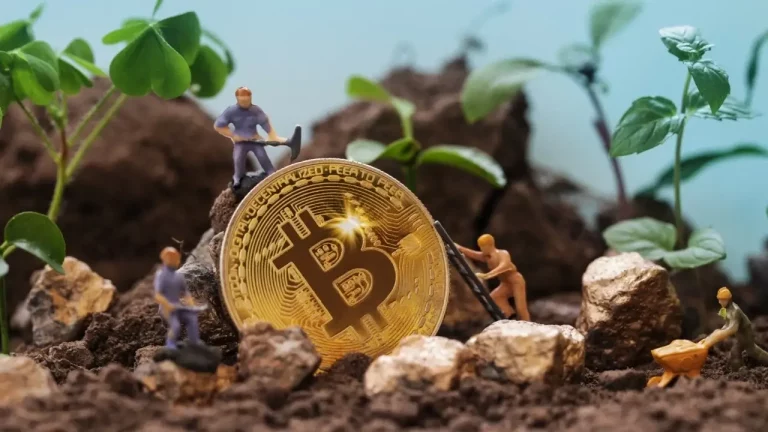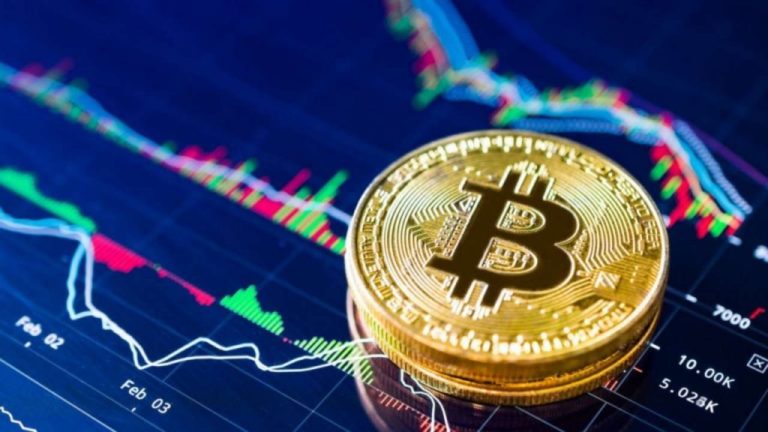Cryptocurrency and Gaming: The Future of In-Game Economies
The intersection of cryptocurrency and gaming has given rise to a new era in the world of digital entertainment. As blockchain technology continues to evolve, it brings innovative solutions to the challenges faced by in-game economies. In this article, we explore how cryptocurrency is shaping the future of in-game economies, creating a dynamic landscape for both gamers and developers.
Table of Contents
1. Tokenization of In-Game Assets:
Cryptocurrency facilitates the tokenization of in-game assets, transforming virtual items into unique, tradeable tokens on a blockchain. This tokenization opens up possibilities for true ownership of in-game assets. Players can buy, sell, and trade their virtual possessions outside of the game environment, creating a decentralized and transparent economy.
2. NFTs in Gaming:
Non-Fungible Tokens (NFTs) have become a game-changer in the gaming industry. NFTs represent ownership of unique digital assets, such as rare weapons, skins, or characters. This innovation enables gamers to truly own their in-game items, with the ownership recorded on a blockchain. NFTs enhance the rarity and authenticity of virtual assets, fostering a new level of value and collectibility.
3. Decentralized Gaming Platforms:
Cryptocurrency and blockchain technology have given rise to decentralized gaming platforms that operate on smart contracts. These platforms allow gamers to participate in peer-to-peer transactions, tournaments, and other activities without the need for intermediaries. This decentralized approach enhances security, reduces fraud, and empowers players by removing central authorities from the gaming ecosystem.
4. Play-to-Earn Models:
Cryptocurrency introduces play-to-earn models, where players can earn digital currencies by participating in the game. Through blockchain-based reward systems, gamers receive tokens or cryptocurrencies for their in-game achievements, time investment, or contributions to the gaming community. This economic incentive model transforms gaming into a potential source of income.
5. Cross-Platform Interoperability:
Blockchain technology enables cross-platform interoperability, allowing players to use their in-game assets across multiple games or platforms. This interoperability not only enhances the value of virtual items but also fosters a sense of continuity for gamers who can carry their assets seamlessly between different gaming experiences.
6. Enhanced Security and Anti-Fraud Measures:
Blockchain’s decentralized and tamper-resistant nature enhances the security of in-game transactions. The use of cryptocurrency eliminates the risk of chargebacks and fraudulent activities. Smart contracts ensure that transactions are executed automatically when predefined conditions are met, reducing the likelihood of scams and enhancing trust within the gaming community.
7. Community Governance:
Cryptocurrency introduces the concept of community governance to in-game economies. Token holders may have voting rights in decisions related to game development, updates, and governance issues. This democratic approach gives players a direct stake in the evolution of the game, fostering a sense of community and shared responsibility.
8. Challenges and Considerations:
Despite the promising future of cryptocurrency in gaming, challenges such as scalability, regulatory uncertainties, and environmental concerns must be addressed. Scalability issues, especially in popular blockchain networks, may affect the speed and cost of in-game transactions.
Regulatory frameworks continue to evolve, requiring developers and players to navigate a complex landscape. Additionally, environmental concerns related to energy-intensive proof-of-work blockchains raise questions about the sustainability of certain cryptocurrency models.
Conclusion:
The integration of cryptocurrency into gaming is reshaping the landscape of in-game economies. From true ownership of virtual assets through tokenization to play-to-earn models and decentralized platforms, the future of gaming is becoming increasingly decentralized, transparent, and player-centric.
As developers continue to innovate and address challenges, the synergy between cryptocurrency and gaming is likely to redefine how we perceive, interact with, and derive value from virtual worlds.
